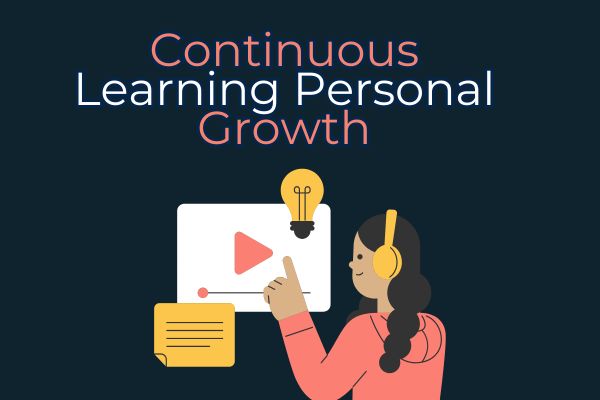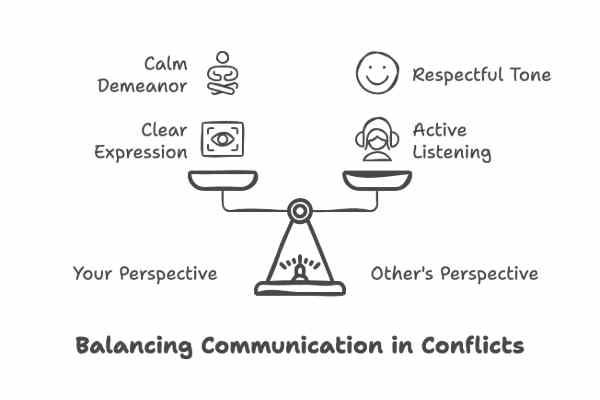In a world filled with challenges, self-doubt, and external pressures, staying motivated can be difficult. Affirmations—simple, positive statements that reinforce self-belief and confidence—have emerged as a powerful tool to boost motivation and inspire action. Rooted in psychology and self-development, affirmations can reshape your mindset, improve your self-esteem, and help you maintain focus on your goals.
In this article, we’ll explore the science behind affirmations, their benefits, and how to incorporate them into your daily routine. We’ll also provide a list of daily affirmations tailored to different life scenarios to keep you inspired and empowered.
What Are Affirmations?
Affirmations are concise, positive statements designed to challenge negative thoughts and reinforce positive beliefs. They focus on what you want to achieve or feel, rather than what you fear or want to avoid.
Key Features of Affirmations
- Present Tense: Affirmations are stated as if they are already true (e.g., “I am confident”).
- Positive Language: They emphasize what you want, avoiding negative phrasing.
- Personalized: Effective affirmations align with your specific goals and values.
Examples of Affirmations
- “I am capable of achieving my dreams.”
- “I deserve happiness and success.”
- “Every day, I am becoming stronger and more resilient.”
The Science Behind Affirmations
The effectiveness of affirmations lies in their ability to rewire your brain and influence your subconscious mind.
1. Neuroplasticity
Your brain is capable of forming new neural connections throughout life, a phenomenon known as neuroplasticity. Repeating affirmations reinforces positive thought patterns, helping you replace self-doubt and negativity with confidence and motivation.
2. Self-Affirmation Theory
This psychological theory suggests that affirmations bolster self-identity and self-integrity, which are crucial for maintaining motivation and resilience in challenging situations.
3. Stress Reduction
Research shows that affirmations can reduce stress and anxiety by fostering a sense of control and optimism. When you believe in your abilities, your perception of challenges shifts, making them feel more manageable.
Benefits of Daily Affirmations
1. Improved Self-Confidence
Affirmations help you combat self-doubt by reinforcing a positive self-image. Over time, they shift your internal narrative to one of empowerment and self-assurance.
2. Enhanced Focus and Motivation
Regularly reciting affirmations keeps your goals top of mind. They serve as reminders of what you’re striving for, motivating you to take consistent action.
3. Reduction of Negative Thoughts
By focusing on positive statements, affirmations crowd out negativity and reduce the mental space for fear, worry, or self-criticism.
4. Greater Emotional Resilience
Affirmations build a foundation of self-belief that helps you bounce back from setbacks. When you internalize positive beliefs, challenges feel less daunting.
5. Improved Mental and Physical Health
Positive thinking, often reinforced by affirmations, has been linked to reduced stress, lower blood pressure, and better overall well-being.
How to Use Affirmations Effectively
1. Be Consistent
Practice affirmations daily, preferably at the same time each day. Morning affirmations set a positive tone for the day, while evening affirmations reinforce gratitude and reflection.
2. Say Them Aloud
Speaking affirmations out loud increases their impact. Hearing your own voice helps solidify the positive messages in your mind.
3. Use Visual Aids
Write your affirmations on sticky notes, place them on your mirror, or use a vision board. Visual reminders help keep your affirmations front and center.
4. Combine with Visualization
Pair your affirmations with mental imagery. Visualize yourself achieving your goals or embodying the qualities you’re affirming.
5. Stay Present and Authentic
Choose affirmations that resonate with you and align with your current goals. Avoid overly generic or unrealistic statements.
Daily Affirmations for Different Scenarios
1. Affirmations for Confidence and Self-Esteem
- “I am enough, just as I am.”
- “I believe in my abilities and trust my decisions.”
- “I attract success and positivity into my life.”
2. Affirmations for Overcoming Challenges
- “I have the strength to face any obstacle.”
- “Every challenge I face is an opportunity to grow.”
- “I am resilient, resourceful, and determined.”
3. Affirmations for Career Growth
- “I am capable of achieving my professional goals.”
- “My skills and talents bring value to my work.”
- “I am open to new opportunities and growth.”
4. Affirmations for Health and Wellness
- “I honor my body by making healthy choices.”
- “I am strong, vibrant, and full of energy.”
- “Every day, I take steps toward my optimal health.”
5. Affirmations for Relationships
- “I attract loving, supportive relationships.”
- “I communicate openly and honestly with others.”
- “I deserve respect, kindness, and love.”
Also check: How to Use Gratitude Journaling to Transform Your Mindset
Real-Life Examples of Affirmations Transforming Lives
1. Jim Carrey
Before achieving fame, Jim Carrey wrote himself a $10 million check for “acting services rendered” and repeated affirmations about his future success. Years later, he earned exactly that amount for a film role.
2. Serena Williams
Serena attributes her mental toughness to positive self-talk and affirmations, which have helped her maintain focus and determination in high-pressure situations.
Overcoming Common Misconceptions About Affirmations
1. “Affirmations Are Just Wishful Thinking”
Affirmations are not about denying reality. Instead, they focus on creating a mindset conducive to growth and action.
2. “They Only Work for Positive People”
Even those who struggle with negativity can benefit from affirmations. Repeated practice rewires the brain, gradually replacing negative patterns with positive ones.
3. “They’re Too Simple to Be Effective”
While affirmations are simple, their power lies in consistency. Over time, they have a profound impact on thoughts, emotions, and behavior.
Steps to Create Personalized Affirmations
1. Identify Your Goals
What do you want to achieve? Whether it’s better health, a promotion, or improved relationships, your affirmations should align with your goals.
2. Focus on the Positive
Frame your affirmations in positive language. Instead of saying, “I don’t want to fail,” say, “I am prepared for success.”
3. Keep Them Short and Specific
Short affirmations are easier to remember and repeat. Be specific about what you want to affirm.
4. Make Them Believable
Affirmations should feel authentic and realistic. If a statement feels too far from your current reality, adjust it to reflect a step in the right direction.
Incorporating Affirmations into Your Routine
Morning Ritual
- Start your day by reciting 3–5 affirmations in front of a mirror.
- Combine affirmations with deep breathing or meditation for a focused mindset.
Journaling
- Write down affirmations in a journal each day. Reflect on how they relate to your goals and emotions.
Digital Reminders
- Use phone alarms or apps to send you affirmation reminders throughout the day.
Evening Reflection
- Before bed, repeat affirmations that emphasize gratitude, relaxation, and self-acceptance.
Conclusion
The power of affirmations lies in their ability to reshape your thoughts and actions. By consistently practicing daily affirmations, you can cultivate a mindset of positivity, resilience, and motivation. Whether you’re aiming to boost self-confidence, overcome challenges, or achieve personal growth, affirmations provide a simple yet transformative tool to help you stay on track.
Begin your affirmation journey today and experience the profound impact these daily phrases can have on your life. With commitment and practice, affirmations can help you turn your dreams into reality, one empowering statement at a time.






